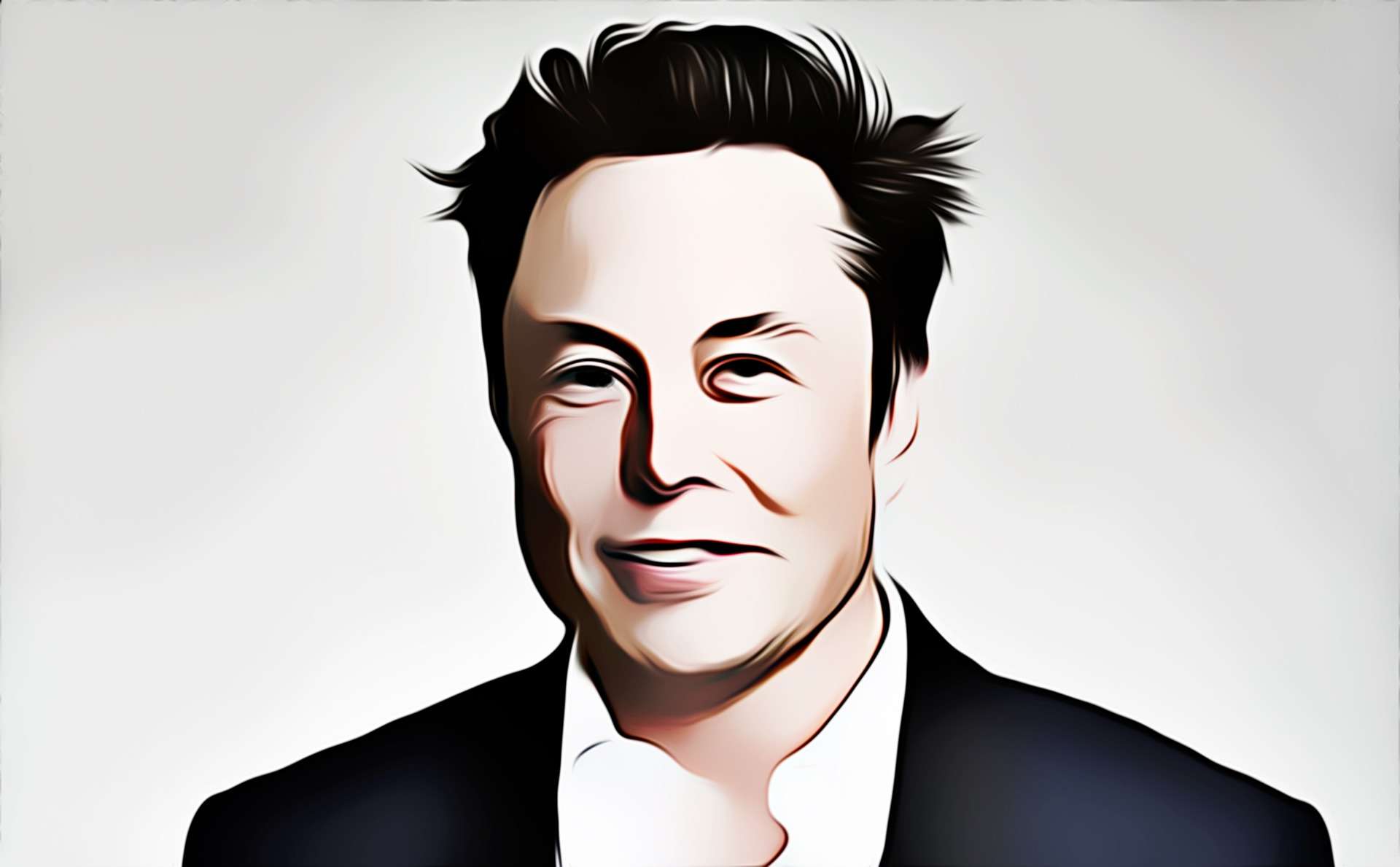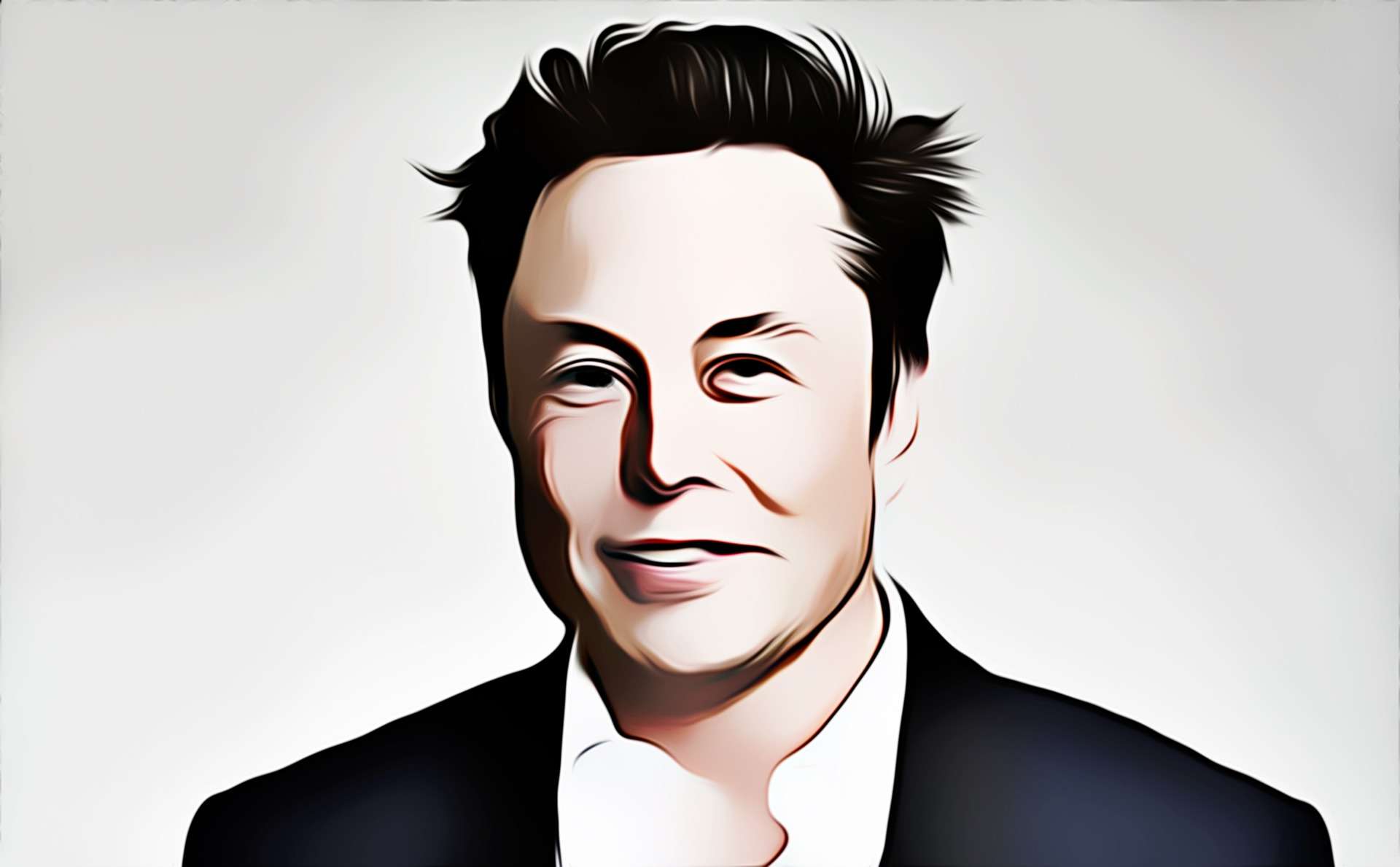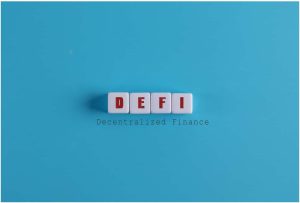
- Ethereum co-founder Vitalik Buterin suggests Linux as an alternative to Elon Musk’s Windows issues, highlighting open-source software’s benefits.
- Musk’s frustration began with the requirement of a Microsoft account to install Windows OS, sparking a broader discussion on software freedom and accessibility.
Elon Musk received an invitation from Ethereum co-founder Vitalik Buterin to join the desktop Linux community in a fascinating exchange on the social media site X. This gesture came shortly after Musk expressed his dissatisfaction with Microsoft Windows OS, highlighting the compulsory requirement for a Microsoft account to use his newly purchased computer. Buterin’s proposal highlights a broader movement in favor of open-source software, reflecting the critical juncture in which business executives are candidly exploring alternatives to popular operating systems.
Would be amazing to have you join us and become a desktop linux enjoyer!
— vitalik.eth (@VitalikButerin) February 27, 2024
The Case for Open-Source Software
Linux, an operating system first released in September 1991, is a testament to the open-source movement. Meanwhile, proprietary operating systems like Windows, iOS, and macOS offer their source code for public modification and improvement.
Moreover, Linux permits customization and transparency that Buterin thinks may allay Musk’s worries about Windows. The dialogue between these tech giants brings to light the ongoing debate over user autonomy in software usage and the potential of open-source platforms to cater to diverse needs.
The most widely used mobile operating system in the world, Android, is an outstanding example of Linux’s adaptability and popularity. Its success demonstrates how open-source software can run advanced, widely used systems, and it offers desktop users looking for alternatives to the more constrictive environments of Windows or macOS a feasible route forward.
Challenges and Community Responses
While many on X commended Buterin for promoting open-source ideas, some users drew attention to possible disadvantages for Musk, especially in relation to gaming. The gaming community frequently lists Windows’s greater selection of games and superior support as two of its main advantages versus Linux. Nonetheless, the open-source community is renowned for its inventiveness and tenacity, frequently creating workarounds and fixes to close these gaps.
yeah i saw this, they hide it, but if you set it up without internet it should enable you to make a local account, or you can make a new local account
it’s a pain! pic.twitter.com/luzL6cAjU1
— Danielle Fong
(@DanielleFong) February 25, 2024
The exchange between Musk and Buterin also sheds light on broader user frustrations with proprietary software ecosystems. Musk’s initial complaint on X about the hurdles of using Windows without a Microsoft account sparked a significant discussion. Some users contended that, in contrast to previous OS versions, it is still possible to get around this limitation, although using more complicated techniques. This issue is a reflection of people’s rising dissatisfaction with the way software corporations are controlling user experience and access.
A Call for Simplification and Empowerment
The need for simpler user experiences is further highlighted by Elon Musk’s response to the community post on X. Musk is adamant that the procedure shouldn’t be this difficult for the typical user, despite community attempts to help him through the difficult workaround. A wider audience can relate to this emotion as they frequently compromise usability and accessibility to navigate an increasingly complicated digital ecosystem.
Buterin’s proposal to Musk is not just about switching operating systems; it’s a call to rethink our relationship with technology. It advocates for a scenario where users have the freedom to modify, improve, and tailor their software environments to their needs without facing unnecessary barriers.
This conversation between two prominent figures in technology is emblematic of a larger movement towards open-source software to empower users and foster innovation. It is worth noting that Ethereum is currently trading at $3,260.27 with a 1-day increase of 7%. This comes days after Eth crossed the 3,000 mark, notably, it has recorded a volume of 21 Billion with a 53% increase.























